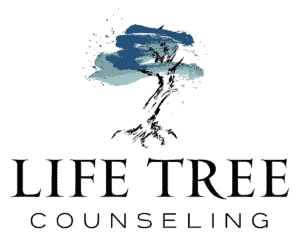Dysfunctional is usually defined as “Impaired or abnormal functioning,” and can apply to anything that simply does not work. However, it is usually applied to relationships within a system and not to purely mechanical processes. This is because particular structure defined as dysfunctional is not inoperative, but is simply badly adjusted to perform its function.
Most often one refers to people, families or societies as dysfunctional, but the term is increasingly being extended to refer to systems within a society, such as financial, governmental or marketing systems. People are considered dysfunctional when they do not behave in a way that others consider normal, when they cannot sustain a relationship, or hold down a job. This is not a fixed definition since people behave in certain ways as a direct result of what they believe; that is, what their personal experience or their particular society has taught them. What is dysfunctional behavior in one culture may be perfectly acceptable in another, as in some primitive societies where the role of the male is to sit in the sun and interpret dreams, whilst in others it is to kill strangers, neither of which are encouraged in our own way of life.
The individual is considered dysfunctional if he or she cannot fulfill his social function in several different ways, mental, physical or emotional. These have many varied causes and results, such as mental disorders, illnesses, trauma, or even medication, so that we hear of sexual dysfunction, emotional dysfunction, social dysfunction and dysfunctional families. Basically the cause is a mismatch between the beliefs and objectives of different groups and individuals who have developed their own templates of the way things ought to be and attempt to force their views and patterns onto others. These conflicts can be caused by, or can result in, various levels of anger, frustration, depression, conflicting goals, poor communication and ultimately in physical or mental abuse, crime and war.
Dr R. David San Filippo describes two forms of conflict: realistic, which is based on disagreement over ways and means, which can be resolved by improved communication and negotiation; and unrealistic, which is designed simply to hurt and defeat an opponent. Kathleen Mills prefers to talk about the characteristics of a functional, rather than a dysfunctional family. She says there is really no such thing as the ideal. There may be a lot of turbulence going on, but in a functional family problems are acknowledged and resolved.
Dysfunctional is probably easier to understand if we look at current research into such social systems as religion and the financial market, both of which have been used as indicators of a dysfunctional society. Currently, financial markets appear to suffer from chronic and systematic malfunctions, leading to conflicting predictions based on individual world views. The capitalist system does not necessarily direct finance and resources to where they can be optimally used. Economists are establishing specialized research centers to study the social cost of these dysfunctions. Even more controversial is current research into the correlation between religion and social dysfunction, where published conclusions suggest that more religious societies are more dysfunctional. In America, which is more resistant to the theory of evolution that any other developed society due to the disproportionate effect of creationist religiosity, there are much higher than normal indications in all accepted measures of social dysfunction.
To understand dysfunction, therefore, it is necessary to look beyond drug-taking parents, absent fathers, poverty and abused children, beyond brain-damaged fetuses and sexually inappropriate behaviors to the deeper levels of what we believe, why we believe it and how important it is to us to force others to comply with our beliefs.
Out Lifetree counselors are here to help you. Call and setup an appointment at (972) 234-6634
Tags:
